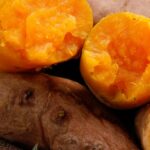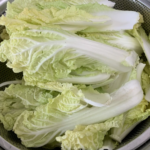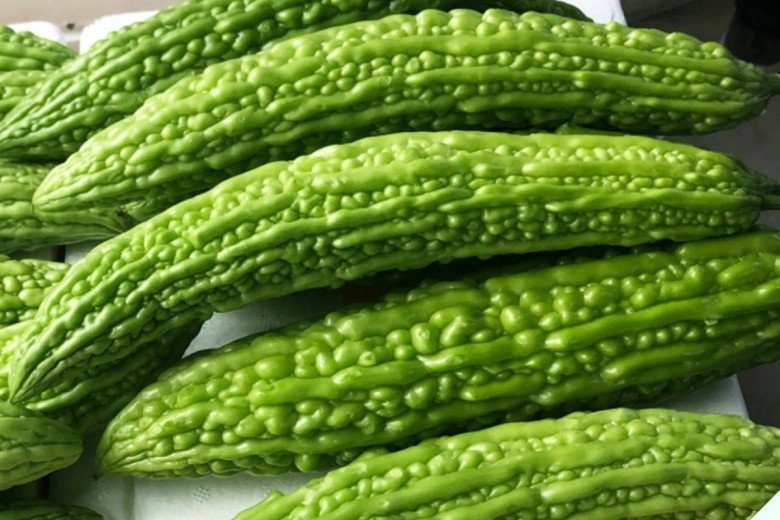
Bitter melon is known for its unique bitter taste, which can be off-putting to some. In fact, many people in Vietnam find it unpalatable due to its resemblance to the taste of medicine.
Growing up, I also disliked bitter melon, but my family loved it. My mother would cook it at least three times a week.
As I grew older, I tried to eat it but couldn’t develop a taste for it. It was only when I became more health-conscious that I realized the numerous health benefits of bitter melon. That’s when I decided to learn how to eat it. I started with once a week and gradually increased the frequency.

Through my experiments with cooking bitter melon, I discovered a simple trick to reduce its bitterness without compromising its nutritional value. Soaking bitter melon in salt water is a common practice, but it leads to a loss of water, nutrients, and flavor.
I’ve found a way to effectively remove the bitterness without using salt. Read on to learn more.
1. Remove the seeds and white pith: The white pith is the main source of bitterness in bitter melon. By scraping it out, you’ll significantly reduce the bitter taste.
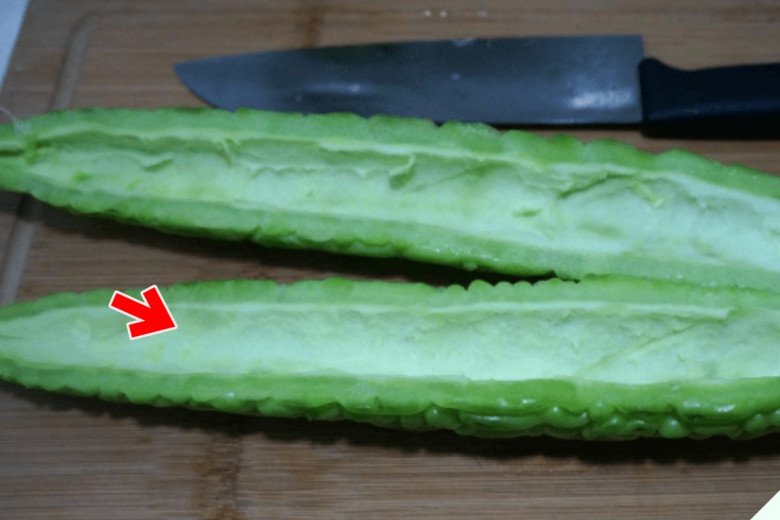
2. Soak in ice water: Soak the bitter melon in ice water with a temperature below 8 degrees Celsius.
3. Blanch in salted boiling water with oil: Before stir-frying the bitter melon, blanch it in boiling water with a pinch of salt and a dash of oil. This step will enhance its color, reduce bitterness, and make it crispier and tastier.
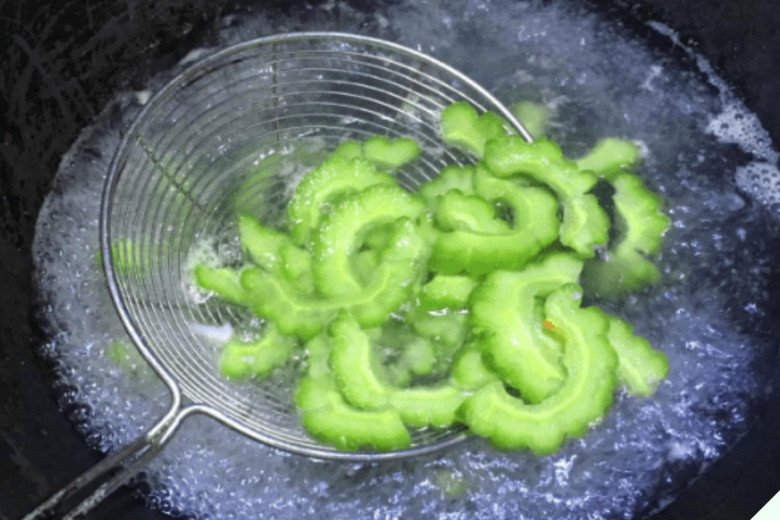
Now, let’s get to the simple and delicious stir-fried bitter melon with egg recipe.
Ingredients
– Bitter melon: 2
– Eggs: 2
– Salt
– Cooking oil
Instructions
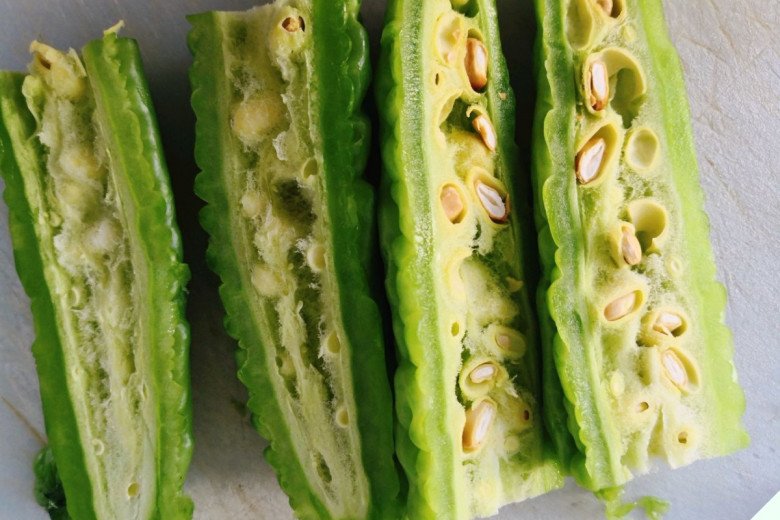
1. Wash the bitter melon and cut it in half. Use a spoon to scoop out the seeds and white pith.
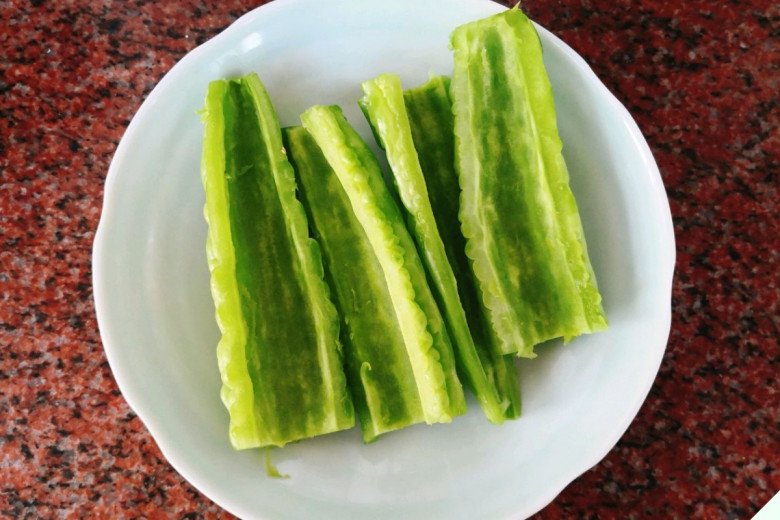
2. Cut the bitter melon into small pieces. Avoid cutting them too thin, as they may fall apart during stir-frying.
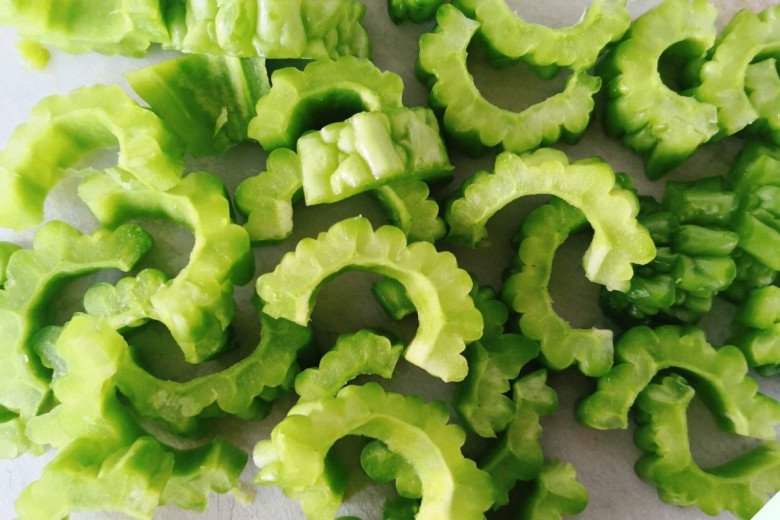
3. Bring a pot of water to a boil with a pinch of salt and a dash of oil. Blanch the bitter melon for about 30 seconds, then remove it from the water.
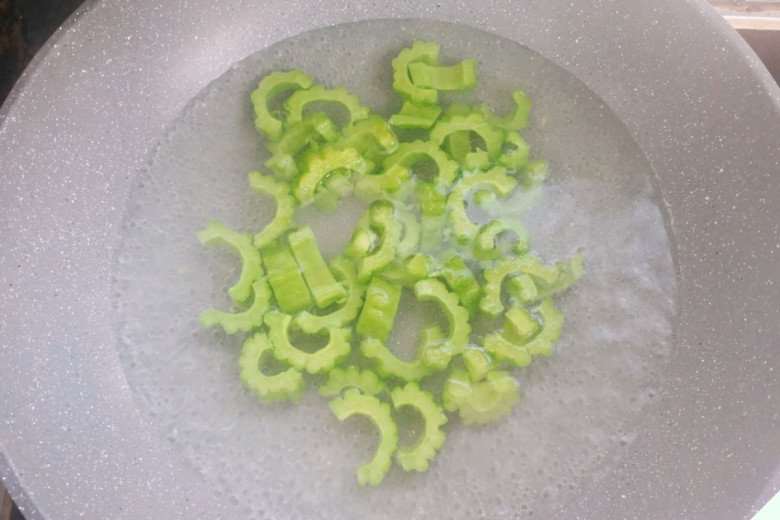
4. Plunge the blanched bitter melon into cold water to stop the cooking process and drain. This step helps retain the bright green color, crispness, and reduces bitterness.
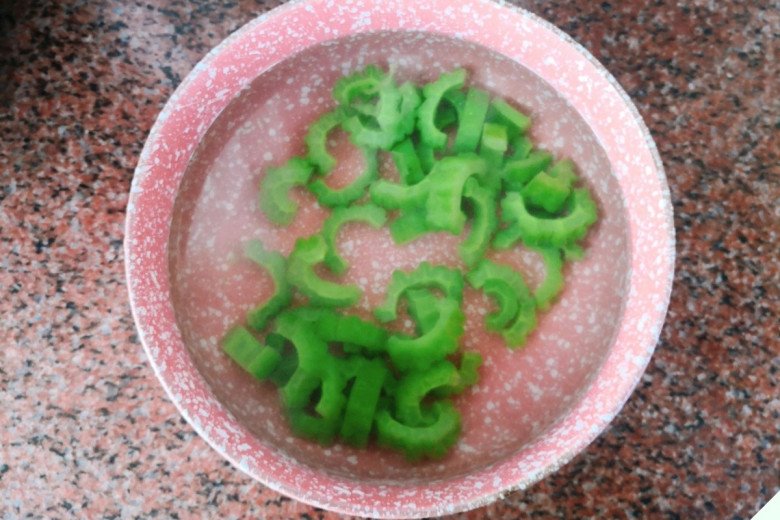
5. In a bowl, beat the eggs with a pinch of salt. You can add a tablespoon or two of water to make the eggs fluffier.
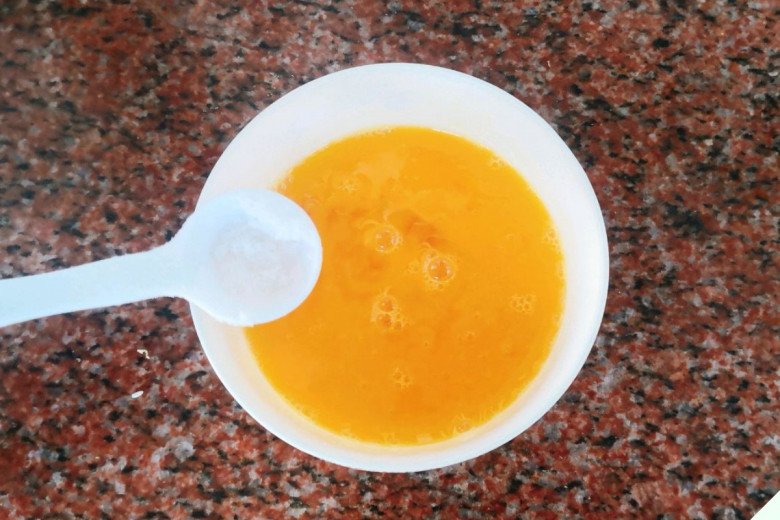
6. Heat oil in a pan and add the beaten eggs. Stir-fry the eggs until they are cooked.

When the eggs start to set, add the bitter melon and mix well. Adjust the seasoning to your taste. Remember, since the bitter melon has been blanched, it won’t take long to cook.

7. Serve the stir-fried bitter melon and egg hot.

This dish is not only delicious but also packed with nutrients and has cooling properties. The bitter melon adds a crisp texture and a refreshing taste, while the eggs are soft and fluffy, making it a tasty and healthy meal.
The Secret to Perfectly Stir-Fried Chinese Cabbage: Don’t Make This Common Mistake
“The key to a perfect stir-fry is in the technique. With a few simple tips, you can transform ordinary cabbage into a vibrant, crisp, and mouth-watering dish. Our method ensures your cabbage maintains its color, texture, and flavor, resulting in a delicious and appealing side that’s never dull or tough.”


























